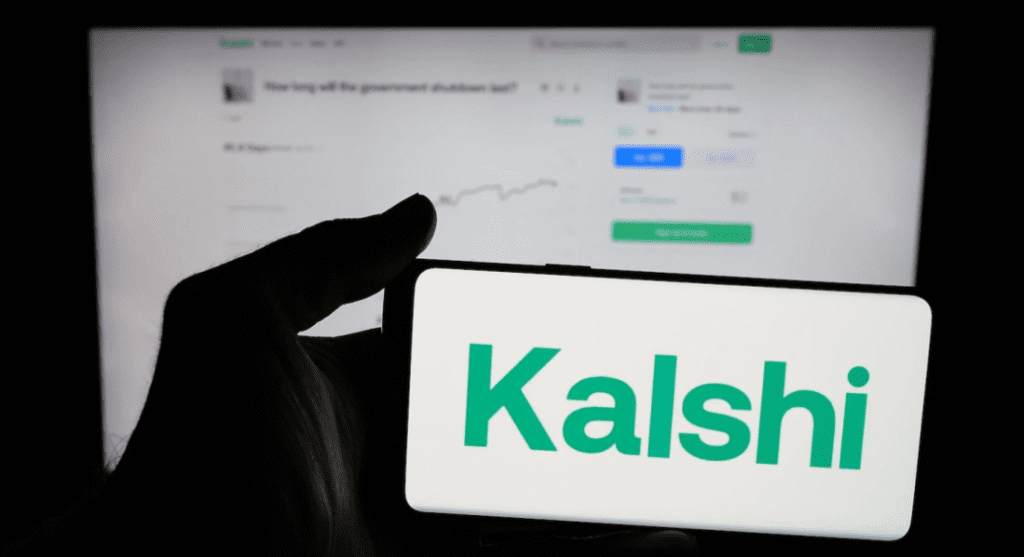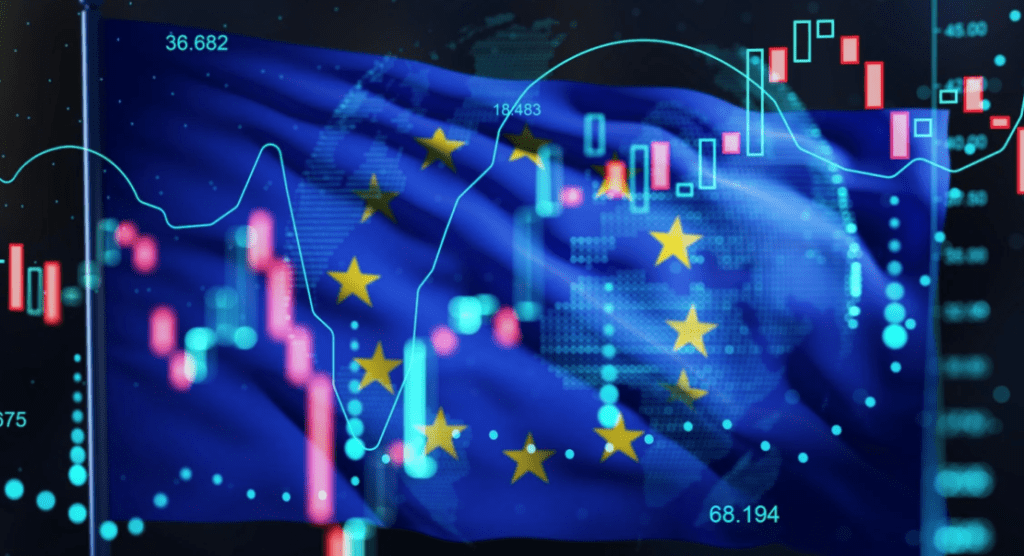Saudi Arabia’s trade surplus exceeds $5.86bln in November 2025, posting 70% annual growth

The data showed that the trade balance grew by 5.2% month-on-month. Saudi Arabia’s trade balance recorded a surplus of SR22.3 billion during November 2025, achieving
Maersk unit signs deal with DP World to buy 37.5% stake in Saudi terminal

UAE ports operator to retain 62.5% stake, continue to lead operations. Global shipping giant Maersk’s subsidiary, APM Terminals, is acquiring a significant stake in the
Rethinking existing tax schemes for political giving and charitable donations

Charitable and political donations are both eligible for tax relief in many countries. This column uses survey data from France to examine responses to different
The economics of the Kalshi prediction market

Kalshi has operated as a federally licensed prediction market in the US since 2021, free from the strict stake limits placed on previous legal prediction
The distributional consequences of cost-sharing in universal healthcare

Copayments and user fees are widely used across European health systems as a way to limit public expenditures and influence utilisation. This column exploits a
EU capital markets reform should focus on innovation investment

The European Commission has launched another attempt to reform capital markets, rebranded as the ‘Savings and Investment Union’. This column summarises findings from a new
Europeans should be allowed to trade personal data

Well-designed data markets could curb gatekeeper power, protect privacy and pay users for sharing data, while preserving ad-supported digital services. The European debate over personal
Better coordination for a more efficient European energy system

EU energy efficiency hinges on open data, integrated grid planning and aligned national plans as electrification raises the cost of fragmentation. Three steps should be
How AI is affecting productivity and jobs in Europe

Artificial intelligence promises to reshape economies worldwide, but firm-level evidence on its effects in Europe remains scarce. This column uses survey data to examine how
Cohort changes in fertility patterns and the role of shifting priorities

Low fertility rates in high-income countries defy traditional explanations based on a quality/quantity trade-off in the demand for children and the opportunity cost of women’s





